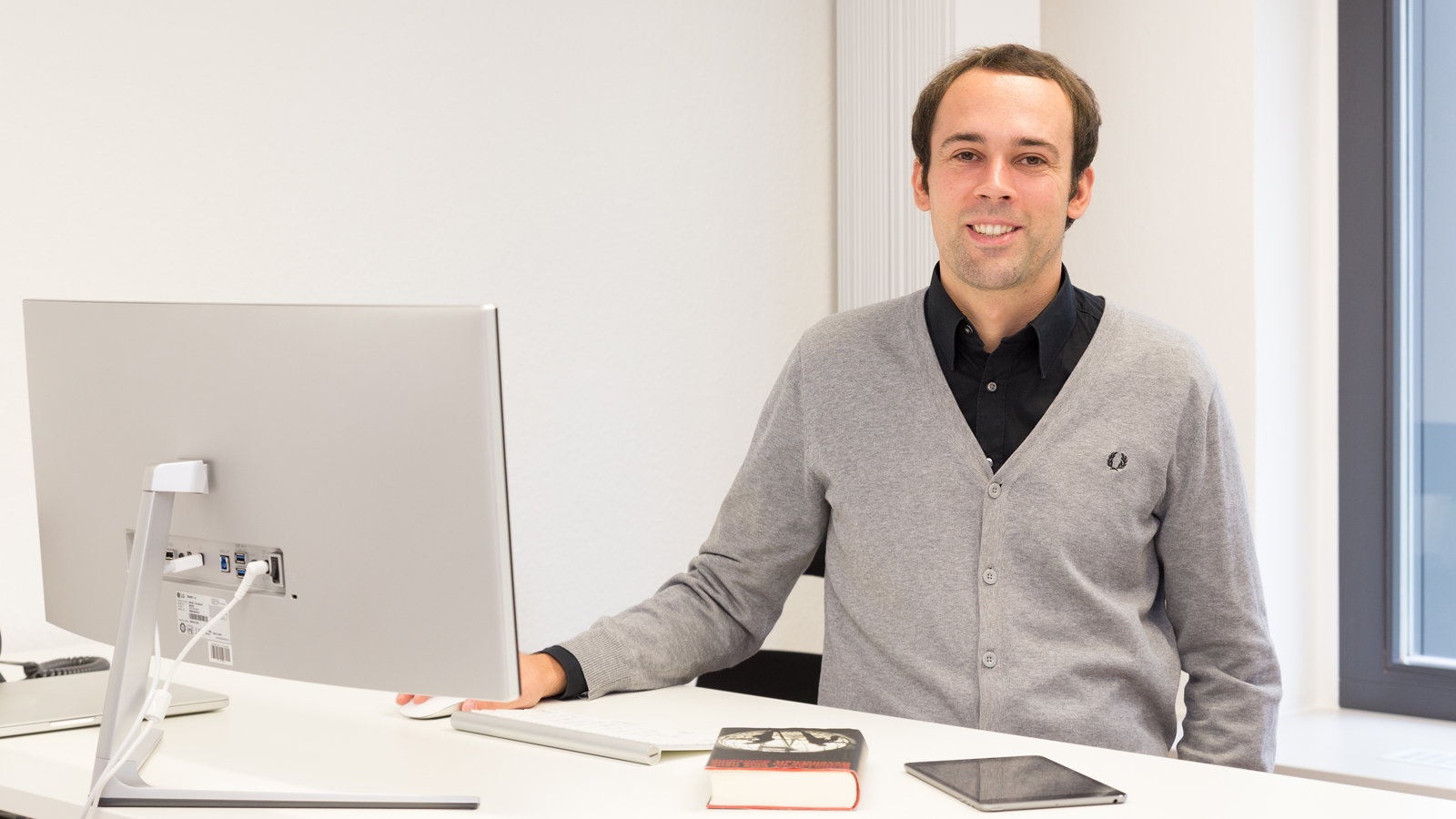Mini job with mini pay
Clickworking on the internet has advantages and disadvantages for those employed – Chemnitz University Professor Christian Papsdorf investigates the new way of working
The world of work is in constant change. Especially the internet creates new positions and work models for the job market of the future. A newly rising trend is the so-called clickworking – a special form of microjob. Junior Professor Christian Papsdorf, Junior Professorship for Sociology of Technology with specialization on Internet and New Media, at Chemnitz University of Technology investigates this new work model.
Mini job with mini pay
So-called clickworkers are paid by enterprises for handling tasks that only require few minutes to do. The majority of these tasks are standardized and cannot yet be fulfilled by machines. Typical tasks are, for example, to write product descriptions and experience reports, to research addresses, opening hours, and prices in the internet or to create images and designs. This way, constantly occurring routine tasks can be flexibly and to a great extent divided among many workers; that is why they are also referred to as crwodworkers.
Advantages and disadvantages – working on the assembly line
Chemnitz researcher Christian Papsdorf sees the risks of the new model in the flexibility: “Welfare state and labor law achievements and regulations only gain little attention in clickwork. This transmits almost all risks, including health, financial, or biographically related risks onto the clickworkers.” Furthermore, the tasks are highly standardized, have to be fulfilled at high cycle rates, and offer only little variety. For the clickworkers this could feel like working on an assembly line.
Papsdorf also sees another risk in the high dependency of the clickworkers on the online platforms. The “click employees” have little say and are subject to high competitive pressure.
Easy access on global job market
Although clickworking does have many risks – Papsdorf also shows advantages of the new work model: “Clickworking enables a low-threshold access to a global, dynamic job market. Clickworkers can make first experiences in new fields, gain references and build networks.” Additionally, the flexibility in choice of place and time of work. And the open calls of the online platforms also speak to people with low or inadequate qualification level, giving them a chance on the job market.
Another advantage of clickworking: It offers the possibility for the job market to distribute small-scale tasks which were previously hard to assign.
Crowdwork- a model with a future?
“If clickwork is to be adapted for the future, the creation of an independent labor status with regard to existing social-political regulations is to be tested for online phenomena of this sort”, explains Papsdorf. “The striking power symmetry between the platforms and the crowdworkers as well as the precarious working conditions do not provide a good starting point for the establishment of ways of digital working. Also to secure classic ways of working, regulations should be found at an early stage to make a development within socially accepted boundaries possible.” Although most tasks of the crowdworking will be automated in the future, according to Papsdorf, the demand for digital, flexible, and small-task work performances is generally speaking increasing. Different forms of platform economies such as clickworking, crowdwork, and sharing economy would supplement the classic forms of economy in the long-term.
Information are available from Junior Professor Christian Papsdorf, Junior Professorship for Sociology of Technology with specialization on Internet and New Media, phone +49 371 531 30520, email christian.papdsdorf@soziologie.tu-chemnitz.de
(Translation: Alissa Hölzel)
Matthias Fejes
05.03.2018





